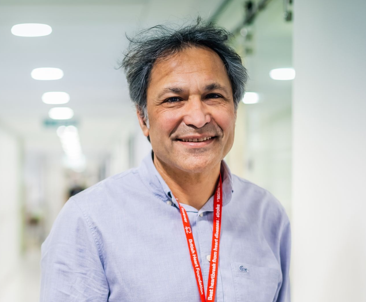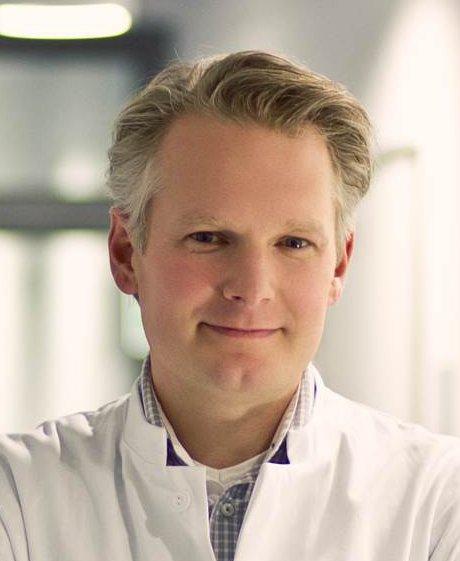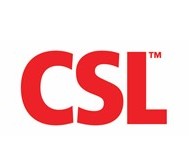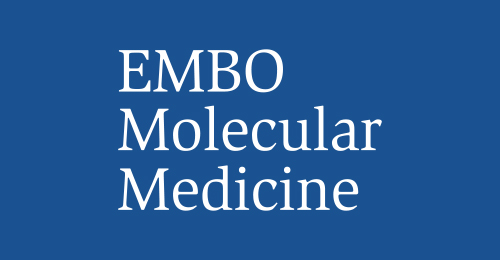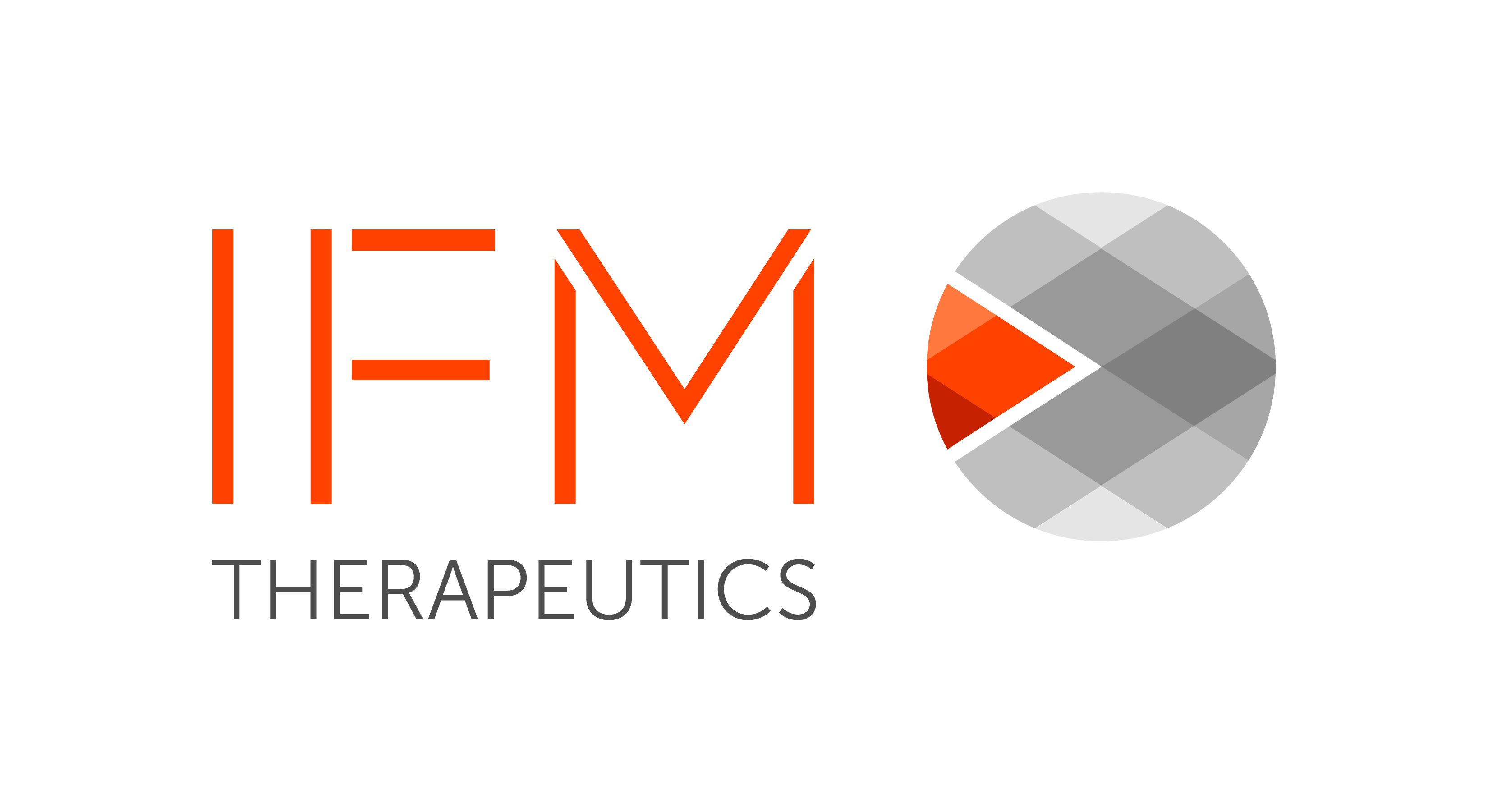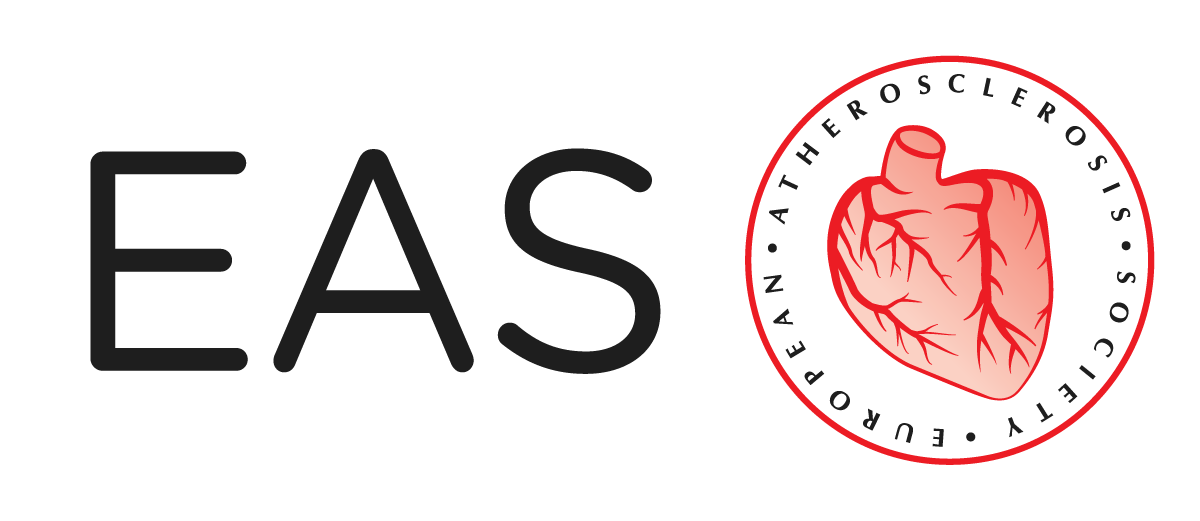- Home
- Past Conferences
- 2nd Immuno-Metabolic Mechanisms of Atherosclerosis Conference
2nd Immuno-Metabolic Mechanisms of Atherosclerosis Conference
#IMMA20
01 Mar - 04 Mar 2020
Nassau, Bahamas
Early Bird - Expired • Talk Submission - Expired • Poster Submission - Expired • Registration & Payment Deadline - Expired
Synopsis
Atherosclerosis and its complications remain the major cause of death in the industrialized world and emerging economies worldwide. Dyslipidemia constitutes a major risk factor for the development and progression of atherosclerotic lesions, but may also lead to systemic disturbances - particularly metabolic dysfunction - that also influence cellular metabolism and function. Atherosclerotic lesions formation is initiated after retention of cholesterol-rich lipoproteins within the arterial wall at sites characterized by low shear stress. Modification of retained lipoproteins and activation of endothelial and vascular smooth muscle cells trigger an inflammatory response and provoke a series of cellular events involving complex interactions between vascular cells, innate immune cells (e.g., neutrophils, monocytes/macrophages, dendritic cells, mast cells, B1 B lymphocytes, innate lymphoid cells) and cells involved in adaptive immunity to atherosclerosis-related antigens (e.g., Th1, Tregs, B2 lymphocytes). Depending on the balance between pro-inflammatory responses and resolution promoting pathways, lesion development is either delayed or accelerated towards the formation of advanced and complex plaques characterized by chronic unresolved inflammation, extensive matrix remodelling and formation of large thrombogenic necrotic cores. Defective repair and weakening of the protective fibrous cap ultimately leads to plaque disruption, which triggers acute thrombosis and vascular occlusion.
The goal of this meeting is to provide attendees with a comprehensive overview of current research on atherosclerosis with a focus on the latest and most exciting developments in the immuno-metabolic mechanisms that govern disease initiation and progression. There is little doubt that the next most exciting therapy to combat cardiovascular disease will be based on targeting biological pathways that will have been discussed during this conference.
Seven sessions are planned and will highlight the following major research areas:
- vessel wall and endothelial cell biology
- lipids and modified lipids in inflammation
- cellular lipid metabolism and immunity
- lipoproteins and immune regulation
- extracellular vesicles
- innate immunity and metabolic regulation of innate immune functions
- epigenetics and regulation of gene expression in immune cells
- mechanisms involving inflammasome activation of monocyte/macrophages
- trained immunity, pro- and anti-atherogenic mechanisms operated by selective subsets of T and B lymphocytes
- immunometabolism and lymphocytes
- aging and senescence in inflammation, hematopoiesis, and cardiovascular disease
- non coding RNAs in lipid metabolism and inflammation
- existing and validated targets that are now in late-phase clinical trials.
This conference will bring together a restricted but high-level group of scientists from different disciplines and participants from all career levels enabling thorough discussions of the latest research between established and young investigators and trainees, and cross-fertilization among scientists from a variety of backgrounds.
Ziad Mallat, Christoph Binder, and Eicke Latz (Co-Chairs) look forward to welcoming you to the Melia Nassau Beach, Nassau, The Bahamas, from March 1-4, 2020.
Key Sessions
- Vessel wall and endothelial cells
- Lipids and extracellular vesicles
- Innate immunity and inflammasome
- Adaptive immunity
- Aging and senescence
- Genetics and gene regulation
- Microbiome
Student Offer
Take advantage of this fantastic opportunity for students! Any fully paying academic can bring a student for only $850. Unfortunately, Postdocs are not eligible. Both registration packages include; accommodation for the 01, 02, 03 March 2020 (on a shared basis for students) and a 24hour all-inclusive food and beverage package for the conference period. Once registered, please contact Chloe Trundle to obtain a special registration link for your student.
Confirmed Invited Speakers
Nicolas Bazan (LSU Health New Orleans)
THE NOVEL MEDIATORS ELOVANOIDS (ELVS) MODULATE SENESCENCE PROGRAMMING AND INFLAMMAGING
Peter Carmeliet (VIB)
ANGIOGENESIS REVISITED: ROLE AND (THERAPEUTIC) IMPLICATIONS OF ENDOTHELIAL METABOLISM
Navdeep Chandel (Northwestern University)
MITOCHONDRIA AS SIGNALING ORGANELLES
Vishwa Deep Dixit (Yale School of Medicine)
IMMUNOMETABOLIC REGULATION OF HEALTHSPAN
Benjamin Ebert (Dana-Farber Cancer Institute)
CLONAL HEMATOPOIESIS AND CARDIOVASCULAR DISEASE
Zahi Fayad (Icahn School of Medicine at Mount Sinai)
IMMUNO-IMAGING AND IMMUNOTHERAPY IN ATHEROSCLEROSIS
Carlos Fernandez-Hernando (Yale School of Medicine)
IMMUNOMODULATORY ACTIONS OF CHOLESTEROL BIOSYNTHETIC INTERMEDIATES ON MACROPHAGE ACTIVATION DURING ATHEROSCLEROSIS
Chris Glass (University of California, San Diego)
MECHANISMS DRIVING MYELOID CELL DIVERSITY IN IMMUNO-METABOLIC DISEASE
Claudia Kemper (National Heart, Lung, and Blood Institute)
THE COMPLOSOME IN THE REGULATION OF T CELL METABOLISM
Klaus Ley (La Jolla Institute for Immunology)
SINGLE BLOOD CELL TRANSCRIPTOMICS OF CARDIOVASCULAR DISEASE IN HUMANS
Peter Libby (Brigham and Women’s Hospital)
CHALLENGE IN MOVING IMMUNOLOGY AND INFLAMMATION IN ATHEROSCLEROSIS TO THE CLINIC
Esther Lutgens (Amsterdam UMC)
CO-STIMULATORY IMMUNE CHECKPOINTS IN ATHEROSCLEROSIS
Musa Mhlanga (University of Cape Town)
EPIGENETICS OF TRAINED IMMUNITY
Kathryn Moore (NYU School of Medicine)
INNATE IMMUNE REPROGRAMMING IN CARDIOVASCULAR DISEASE
Mihai Netea (Radboud University)
METABOLIC AND EPIGENETIC REPROGRAMMING IN MYELOID CELLS
Luke O'Neill (Trinity College Dublin)
IMMUNOMETABOLISM AT THE HEART OF INNATE IMMUNITY AND INFLAMMATION
Bill Sessa (Yale School of Medicine)
ENDOTHELIAL CHOLESTEROL UPTAKE AND METABOLISM
Filip Swirski (MGH Harvard)
LIFESTYLE, IMMUNOMETABOLISM, AND ATHEROSCLEROSIS
Alan Tall (Columbia University)
MECHANISMS OF ATHERO-THROMBOSIS IN CLONAL HEMATOPOIESIS
Clotilde Théry (Institut Curie)
EXOSOMES AND OTHER EXTRACELLULAR VESICLES AS REGULATORS OF MACROPHAGE FUNCTIONS
Jan van Deursen (Mayo Clinic)
HOW SENESCENT CELLS DRIVE ATHEROGENESIS
Target Audience
We encourage young scientists/clinicians to attend and expect broad representation from various disciplines. The conference will especially appeal to scientists, scientists/clinicians in academia, biotech and pharmaceutical companies with interest in Cardiovascular Medicine/Biology, Immunology, Metabolic Diseases, Immuno-Metabolism, Molecular/Cellular Biology and Epigenetics.
Educational Need
Graduate students, postdocs and junior researchers will gain a cutting-edge overview of the field and will have the extraordinary opportunity to discuss the latest developments with world-leading experts in an informal and highly conducive setting.
News
- BHF announces shortlist for £30m research prize - Conference Chair Ziad Mallat and his team make the final four! Read the full article
Confirmed Speakers
Chairs
Invited Speakers
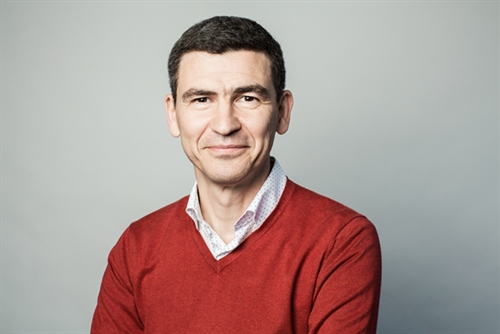
Mihai Netea
Professor, Radboud University Medical Center

Kathryn Moore
Professor, New York University
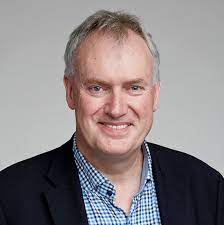
Luke O'Neill
Professor, Trinity College Dublin

Jan van Deursen
Professor and Chair, Mayo Clinic
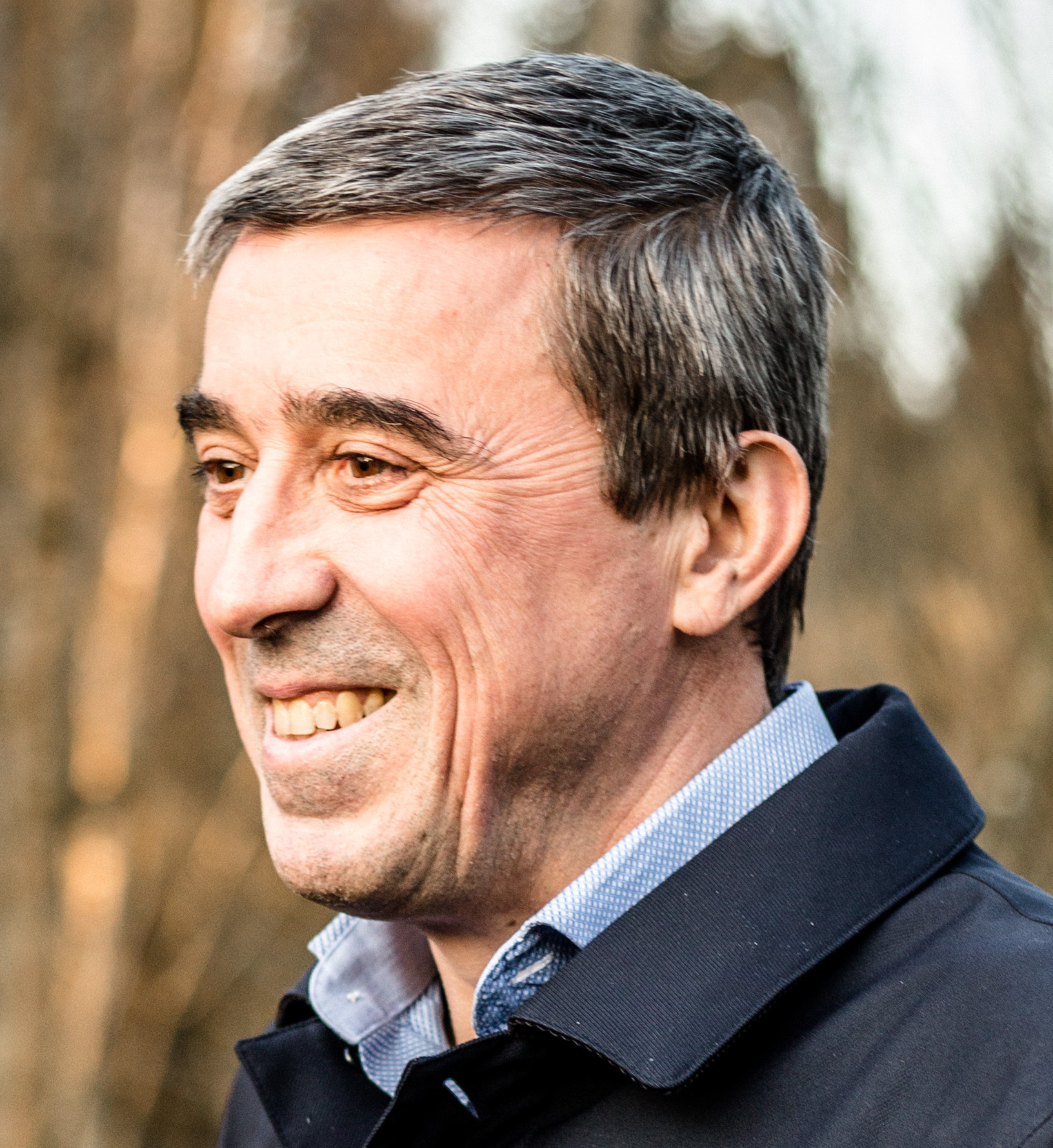
Peter Carmeliet
Group Leader Laboratory of Angiogenesis & Vascular Metabolism, VIB-KU Leuven Center for Cancer Biology
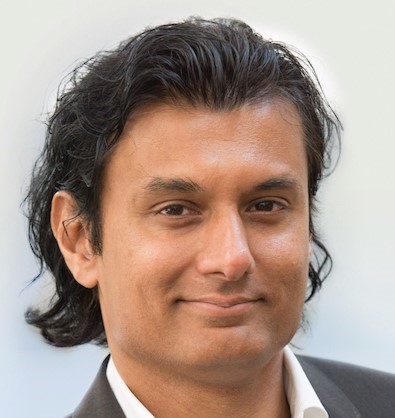
Navdeep Chandel
Professor of Medicine, Feinberg School of Medicine, Northwestern University
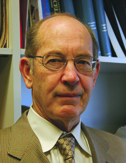
Alan Tall
Professor, Columbia University Medical Center
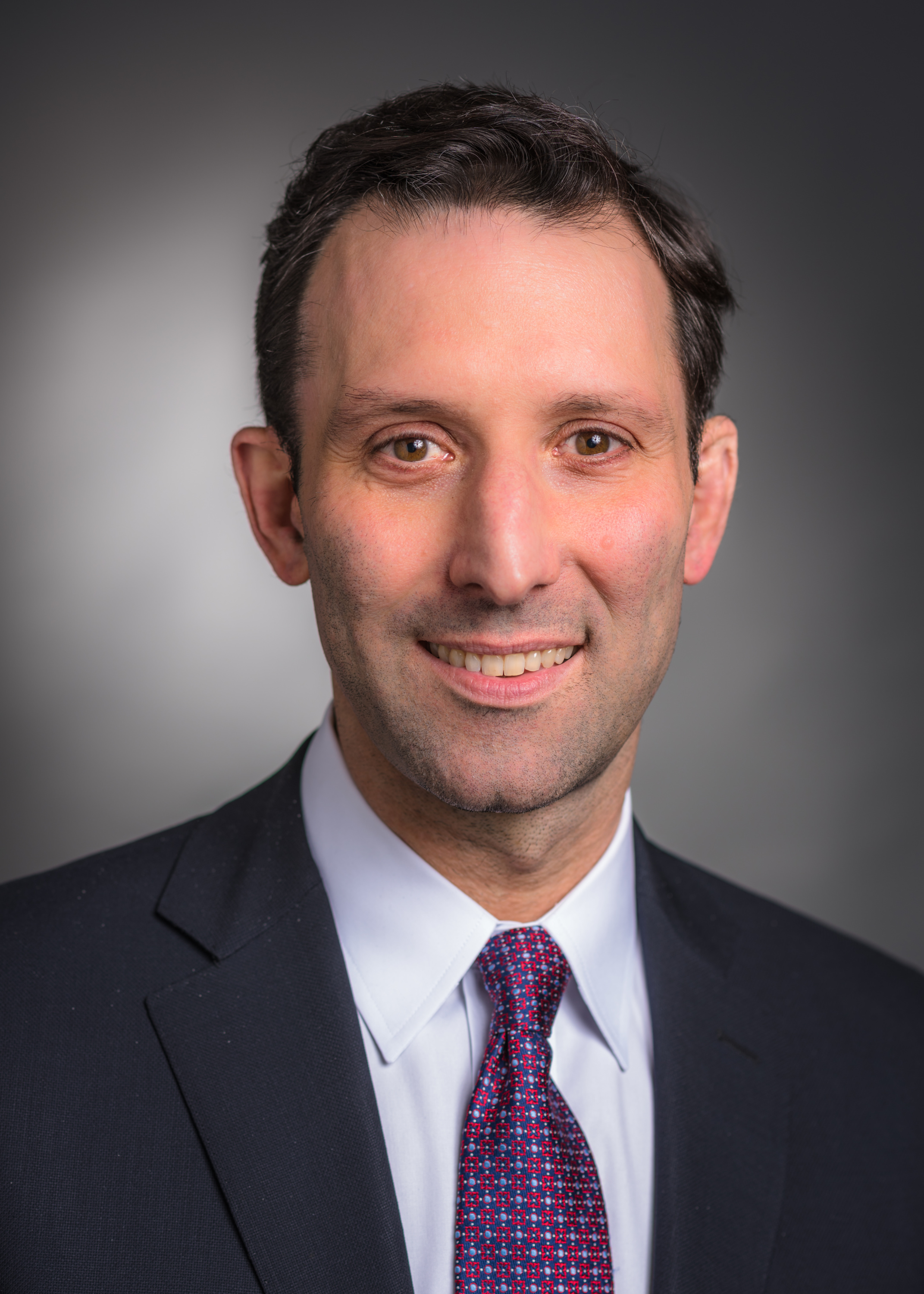
Benjamin Ebert
Chair, Medical Oncology, Dana-Farber Cancer Institute

Claudia Kemper
Senior Investigator, National Institutes of Health
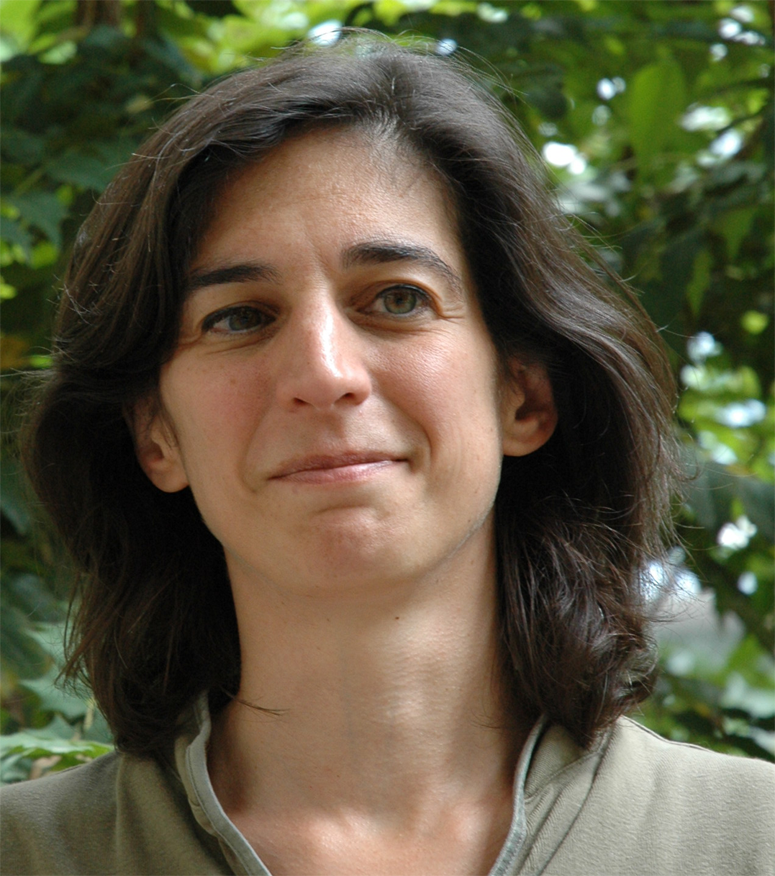
Clotilde Théry
PI, Institut Curie/INSERMU932
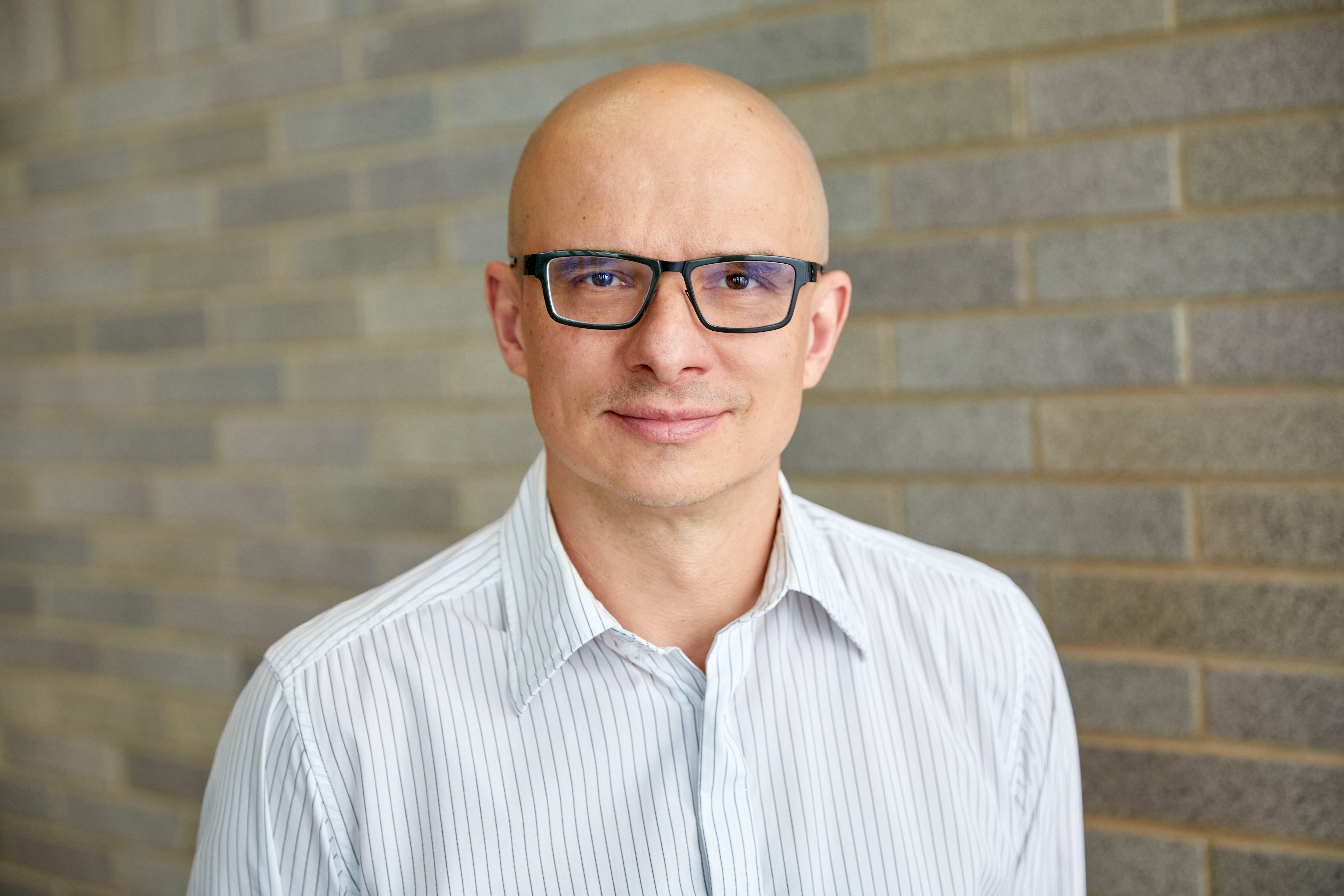
Filip Swirski
Professor, Icahn School of Medicine at Mount Sinai
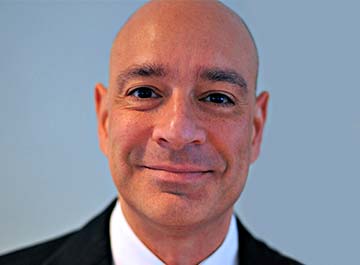
Zahi Fayad
Director, BioMedical Engineering and Imaging Institute (BMEII), Icahn School of Medicine at Mount Sinai
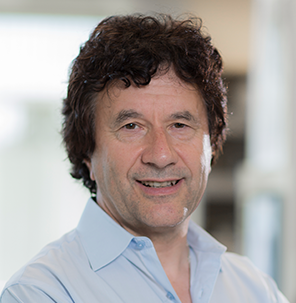
Klaus Ley
Professor and Head, La Jolla Institute For Immunology
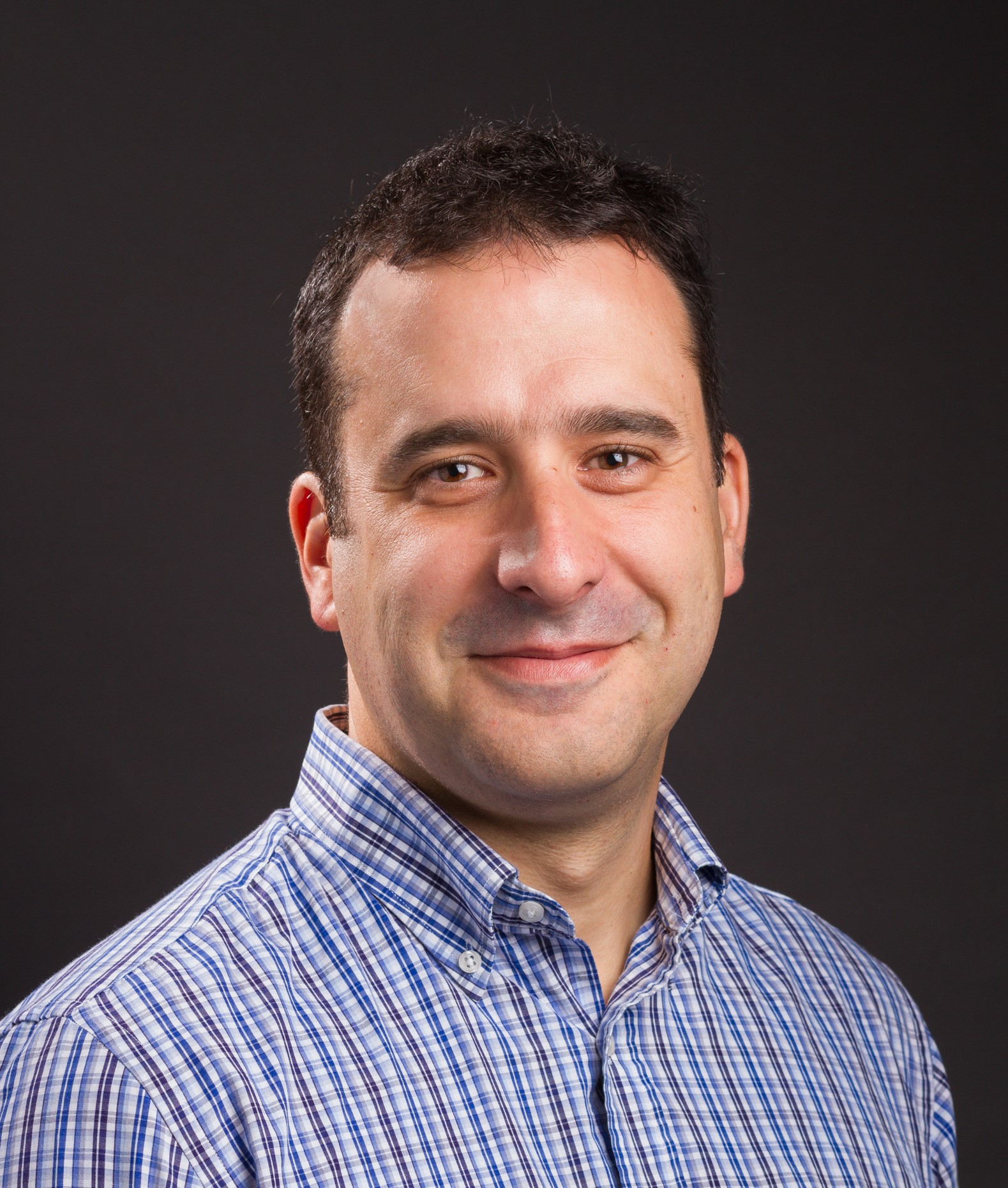
Carlos Fernandez-Hernando
Professor, Yale University School of Medicine
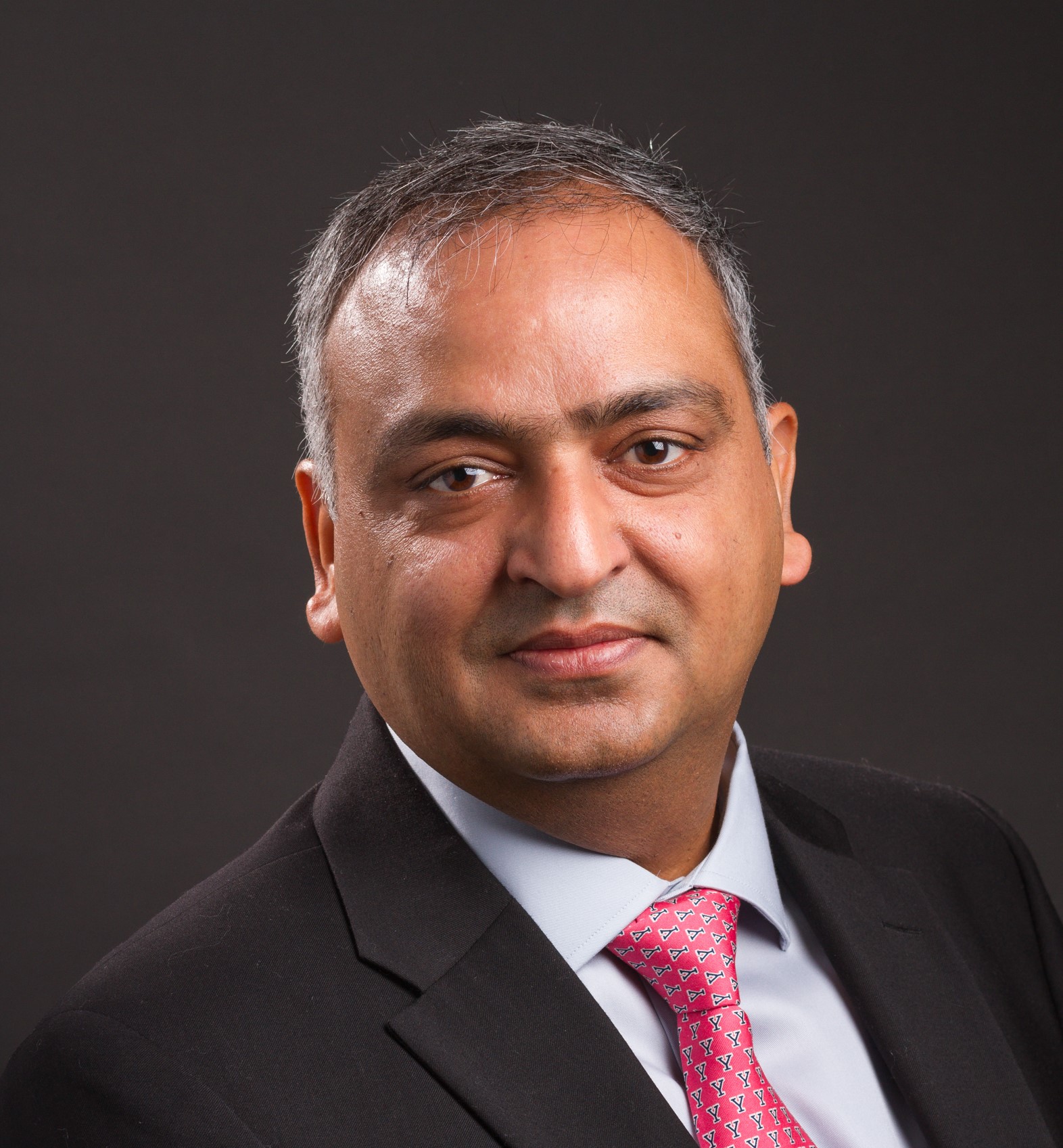
Vishwa Dixit
Professor, Yale School of Medicine
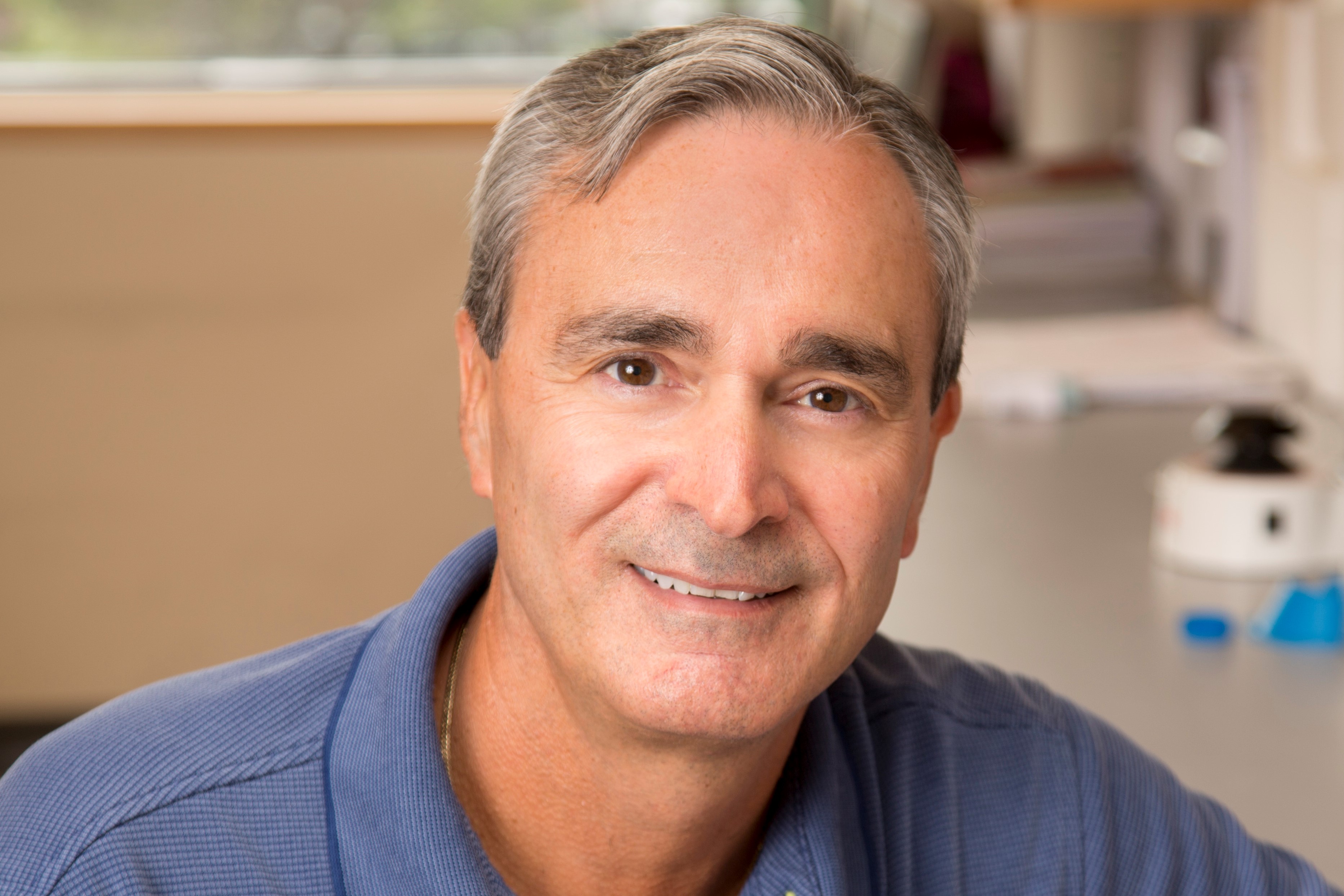
William Sessa
Professor, Yale School of Medicine
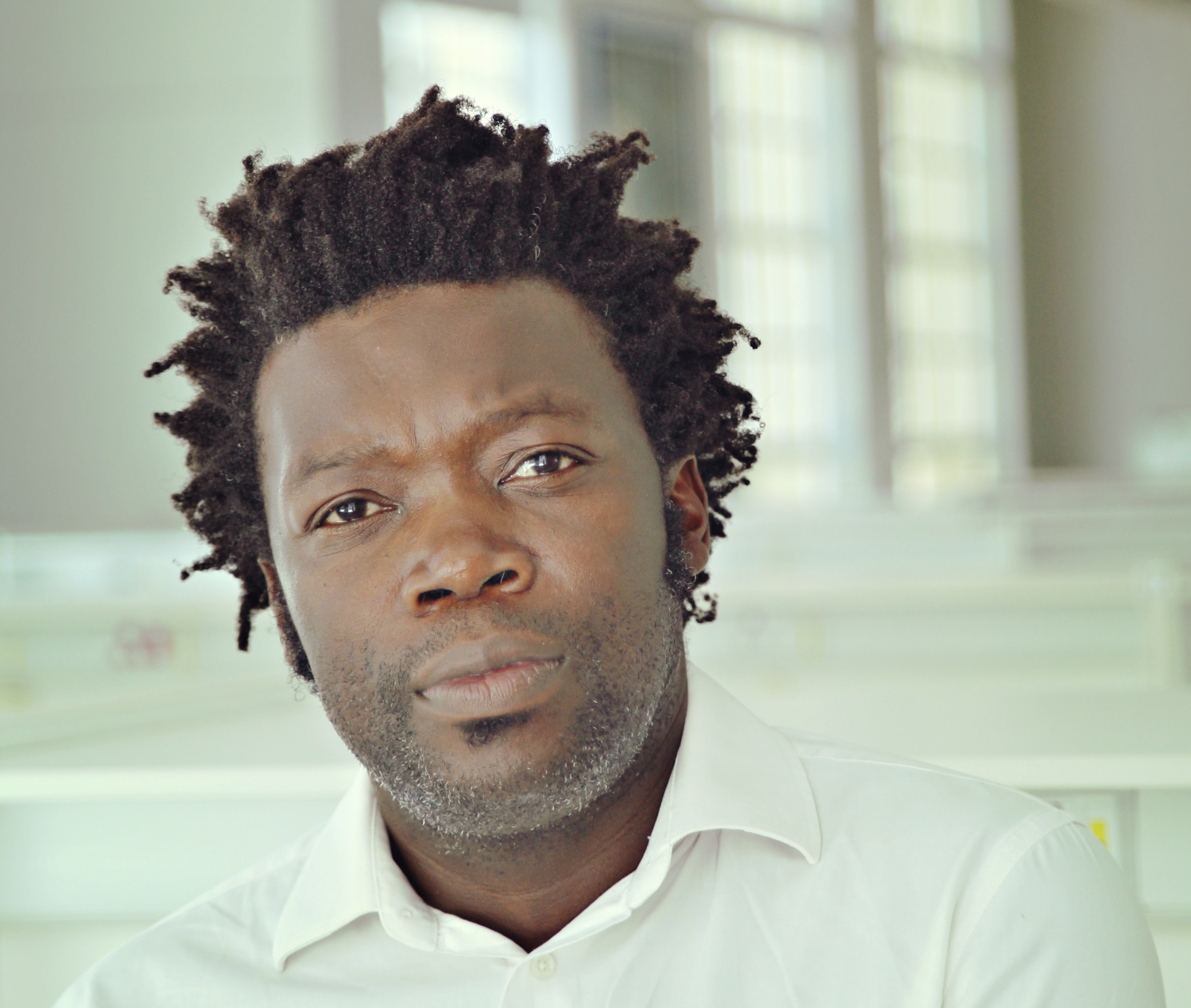
Musa Mhlanga
Professor, Radboud Institute for Molecular Life Sciences

Peter Libby
Cardiovascular Specialist, Brigham and Women’s Hospital
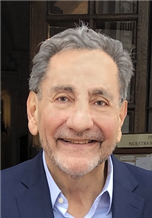
Nicolas Bazan
Professor and Director, LSU Health New Orleans
Programme
SUNDAY 1ST MARCH 2020 |
||
|
13:30 – 14:30 |
Student & Postdoc Networking Lunch |
|
|
14:00 – 15:00 |
Registration & Welcome Reception |
|
|
Macrophage Development and Metabolic Programming I |
||
|
15:00 – 15:10 |
Opening Comments |
|
|
15:10 – 15:55 |
Kathryn Moore |
INNATE IMMUNE REPROGRAMMING IN CARDIOVASCULAR DISEASE |
|
15:55 – 16:25 |
Musa Mhlanga |
EPIGENETICS OF TRAINED IMMUNITY |
|
16:25 – 16:40 |
Maud Voisin |
INHIBITING LXRa PHOSPHORYLATION IN BONE MARROW CELLS ATTENUATES ATHEROSCLEROSIS AND OBESITY |
|
16:40 – 17:25 |
Refreshments |
|
|
Clonal Hematopoiesis in Cardiovascular Disease |
||
|
17:25 – 17:55 |
Benjamin Ebert |
CLONAL HEMATOPOIESIS AND CARDIOVASCULAR DISEASE |
|
17:55 – 18:25 |
Alan Tall |
MECHANISMS OF ATHERO-THROMBOSIS IN CLONAL HEMATOPOIESIS |
|
19:00 |
Dinner |
|
MONDAY 2ND MARCH 2020 |
||
|
07:00 – 09:00 |
Buffet Breakfast at ‘The Market Place’ |
|
|
Metabolic Control of Vascular Cells and Senescence |
||
|
09:00 – 09:30 |
Peter Carmeliet |
ANGIOGENESIS REVISITED: ROLE AND (THERAPEUTIC) IMPLICATIONS OF ENDOTHELIAL METABOLISM |
|
09:30 – 10:00 |
Bill Sessa |
ENDOTHELIAL CHOLESTEROL UPTAKE AND METABOLISM |
|
10:00 – 10:30 |
Jan van Deursen |
HOW SENESCENT CELLS DRIVE ATHEROGENESIS |
|
10:30 – 10:45 |
Daniel R. Goldstein |
VASCULAR AGING LEADS TO POSITIVE FEEDBACK LOOP BETWEEN IL-6 AND MITOCHONDRIAL DYSFUNCTION TO ENHANCE ATHEROGENESIS |
|
10:45 – 11:15 |
Meet the Poster Presenters |
|
|
11:15 – 12:05 |
Group Photo, Refreshments & Poster Viewing |
|
|
12:05 – 12:35 |
Vishwa Deep Dixit |
IMMUNOMETABOLIC REGULATION OF HEALTHSPAN |
|
12:35 – 12:50 |
Gemma Basatemur |
THE CHROMOSOME 9p21 LOCUS AFFECTS IL-1/TLR SIGNALLING IN VSMC |
|
12:50 – 13:05 |
Jeffrey Kroon |
ATHEROGENIC LIPOPROTEINS STEER ENDOTHELIAL CELL METABOLISM AND THEREBY REGULATES ATHEROSCLEROSIS |
|
13:05 – 17:15 |
Lunch at Leisure & Free Time |
|
|
Macrophage Development and Metabolic Programming II |
||
|
17:15 – 17:45 |
Mihai Netea |
METABOLIC AND EPIGENETIC REPROGRAMMING IN MYELOID CELLS |
|
17:45 – 18:15 |
Carlos Fernandez-Hernando |
IMMUNOMODULATORY ACTIONS OF CHOLESTEROL BIOSYNTHETIC INTERMEDIATES ON MACROPHAGE ACTIVATION DURING ATHEROSCLEROSIS |
|
18:15 – 18:30 |
Karim Brandt |
TOLLIP CONTROLS ATHEROGENESIS THROUGH REGULATION OF AUTOPHAGY-MEDIATED DEGRADATION OF LOW-DENSITY LIPOPROTEIN RECEPTOR |
|
18:30 – 20:00 |
Poster Session & Refreshments |
|
|
20:00 |
Dinner |
|
TUESDAY 3RD MARCH 2020 |
||
|
07:00 – 08:30 |
Buffet Breakfast at ‘The Market Place’ |
|
|
Intra- and Extracellular Mediators of Immunometabolism and Inflammation |
||
|
08:30 – 09:00 |
Navdeep Chandel |
MITOCHONDRIA AS SIGNALING ORGANELLES |
|
09:00 – 09:30 |
Clotilde Théry |
EXOSOMES AND OTHER EXTRACELLULAR VESICLES AS REGULATORS OF MACROPHAGE FUNCTIONS |
|
09:30 – 10:00 |
Nicolas Bazan |
THE NOVEL MEDIATORS, THE ELOVANOIDS MODULATE SENESCENCE PROGRAMMING AND INFLAMMAGING |
|
10:00 – 10:30 |
Robert Raffai |
ALTERNATIVELY ACTIVATED MACROPHAGE EXOSOMES: NEW MEDIATORS TO CONTROL HEMATOPOIESIS, MONOCYTE ACTIVATION & ATHEROSCLEROSIS |
|
10:30 – 11:45 |
Refreshments & Poster Viewing |
|
|
10:45 – 11:45 |
Meet the Editors: A Look Behind the Scenes of Leading Journals in the Field |
|
|
11:45 – 12:15 |
Claudia Kemper |
THE COMPLOSOME IN THE REGULATION OF T CELL METABOLISM |
|
12:15 – 12:45 |
Christoph Binder |
CELL AUTONOMOUS COMPLEMENT REGULATION IN ATHEROSCLEROSIS |
|
12:45 – 16:30 |
Lunch at Leisure & Free Time |
|
|
Cellular Cross-Talk in Inflammation |
||
|
16:30 – 17:00 |
Klaus Ley |
SINGLE BLOOD CELL TRANSCRIPTOMICS OF CARDIOVASCULAR DISEASE IN HUMANS |
|
17:00 – 17:30 |
Eicke Latz |
RESPONSE OF BYSTANDER CELLS TO MACROPHAGE PYROPTOSIS |
|
17:30 – 17:45 |
Arvand Haschemi |
THE BALANCE OF GLYCOLYSIS AND THE PENTOSE PHOSPHATE PATHWAY CONTROLS IMMUNE CELL FUNCTIONS IN ATHEROSCLEROSIS |
|
17:45 – 18:30 |
Refreshments & Poster Viewing |
|
|
18:30 – 19:00 |
Filip Swirski |
LIFESTYLE, IMMUNOMETABOLISM, AND ATHEROSCLEROSIS |
|
19:00 – 19:15 |
Dimitrios Tsiantoulas |
miR-33 IS A MASTER REGULATOR OF B CELL HOMEOSTASIS |
|
19:15 – 19:30 |
Dennis Wolf |
REQUIREMENT FOR POLYCLONAL B CELLS IN ATHEROPROTECTIVE IMMUNIZATION WITH APOB-PEPTIDES |
|
20:00 |
Gala Dinner & Poster Awards |
|
WEDNESDAY 4TH MARCH 2020 |
||
|
07:00 – 08:30 |
Buffet Breakfast at ‘The Market Place’ |
|
|
Immunometabolism in Human Disease |
||
|
08:30 – 09:00 |
Peter Libby |
CHALLENGE IN MOVING IMMUNOLOGY AND INFLAMMATION IN ATHEROSCLEROSIS TO THE CLINIC |
|
09:00 – 09:30 |
Zahi Fayad |
IMMUNO-IMAGING AND IMMUNOTHERAPY IN ATHEROSCLEROSIS |
|
09:30 – 10:00 |
Ziad Mallat |
LOW-DOSE IL-2 IMMUNOTHERAPY IN PATIENTS WITH ACUTE CORONARY SYNDROMES |
|
Metabolic Control of Innate Immunity |
||
|
10:00 – 10:45 |
Luke O’Neill |
IMMUNOMETABOLISM AT THE HEART OF INNATE IMMUNITY AND INFLAMMATION |
|
10:45 – 11:00 |
Closing Comments |
|
|
11:00 |
Refreshments |
|
Supported by
Interested in sponsoring this conference?
Contact usVenue & Location
Melia Nassau Beach All Inclusive
Overlooking one of the finest beaches in the world the Meliá Nassau Beach is surrounded by crystal blue waters and white sandy beaches. Located on the stunning Cable Beach, you are just a few minutes walk from the center, shops and restaurants. The beautiful Nassau Botanical Gardens are within easy reach (7km) and Lynden Pindling International Airport is situated only 9km away.
Throughout your stay delegates will enjoy a full meal plan, inclusive of beverages. Take your pick from Cilantro where you can experience the natural textures, aromas and flavors of Mexico, Nikkei, celebrated for its exquisite fusion of Japanese, Cantonese and Peruvian cuisine featuring a sushi bar and Teppanyaki tables, Estavida, an upbeat tapas lounge located in the hotel lobby serving innovative tapas and a wide selection of cocktails, Aqua, an A la carte restaurant specializing in exquisite, rustic Italian cuisine, The Market Place, where you will find an International buffet serving an array of exquisite dishes, O'Grille, an open air restaurant with fabulous views of the sea and pool serving casual beach fare and light bites and finally The Black Angus, a steakhouse featuring hip, contemporary jazz and modern decor, offering guests the finest quality prime cuts and the freshest ingredients.(This restaurant is not included in the all inclusive package, additional charges apply). The Gala Night takes place on the third evening of the conference with a mouth-watering feast of local cuisine, an open bar and amazing local entertainment. We welcome all delegates and their accompanying persons to the Gala Night – a truly fun filled night not to be missed!
Hotel Facilities
- 24 hour reception
- Room service
- 3 heated outdoor pools
- Complimentary resort wide Wi-Fi (guest rooms, throughout hotel, beach and conference areas)
- 24-hour Fitness Center
- 7 dining venues
- 4 bars.
- non-motorised water sports
The Bahamas is formed by over 700 islands, keys and islets located in the Atlantic Ocean and renowned for its warm sunshine, mild climate, fine, white sandy beaches, turquoise, crystal clear water and friendly people, making this the perfect environment to relax and unwind in your free time during the conference.
General Information
Venue Rating
★ ★ ★ ★
Currency
US Dollar (USD)
Address
Nassau W Bay St. Nassau Bahamas
Nearest Airport
Lynden Pindling International Airport
Location
The Melia Nassau Beach All-Inclusive is located right on the stunning Cable Beach just a few minutes away from the airport and city center; Nearby in Downtown Nassau you can experience the flavours of new foods at local restaurants, shop 'til you drop at Straw market or take a trip through time at the Pirates Museum. The beautiful Nassau Botanical Gardens are close by and water enthusiasts can enjoy non-motorized water sports right on property.
Nassau is the capital of the Bahamas. It lies on the island of New Providence, with neighboring Paradise Island accessible via Nassau Harbor bridges. The city has a hilly landscape and is known for it's fabulous beaches as well as its offshore coral reefs, popular for diving and snorkeling. It retains many of its typical pastel-colored British colonial buildings, like the pink-hued Government House.
Conference History
If you are interested in this meeting but not yet ready to register, you can sign up for updates here and our team will keep you updated regarding deadline reminders and grant opportunities relating to this meeting only.
If you're interested in sponsoring this conference please contact us.
Conference Manager
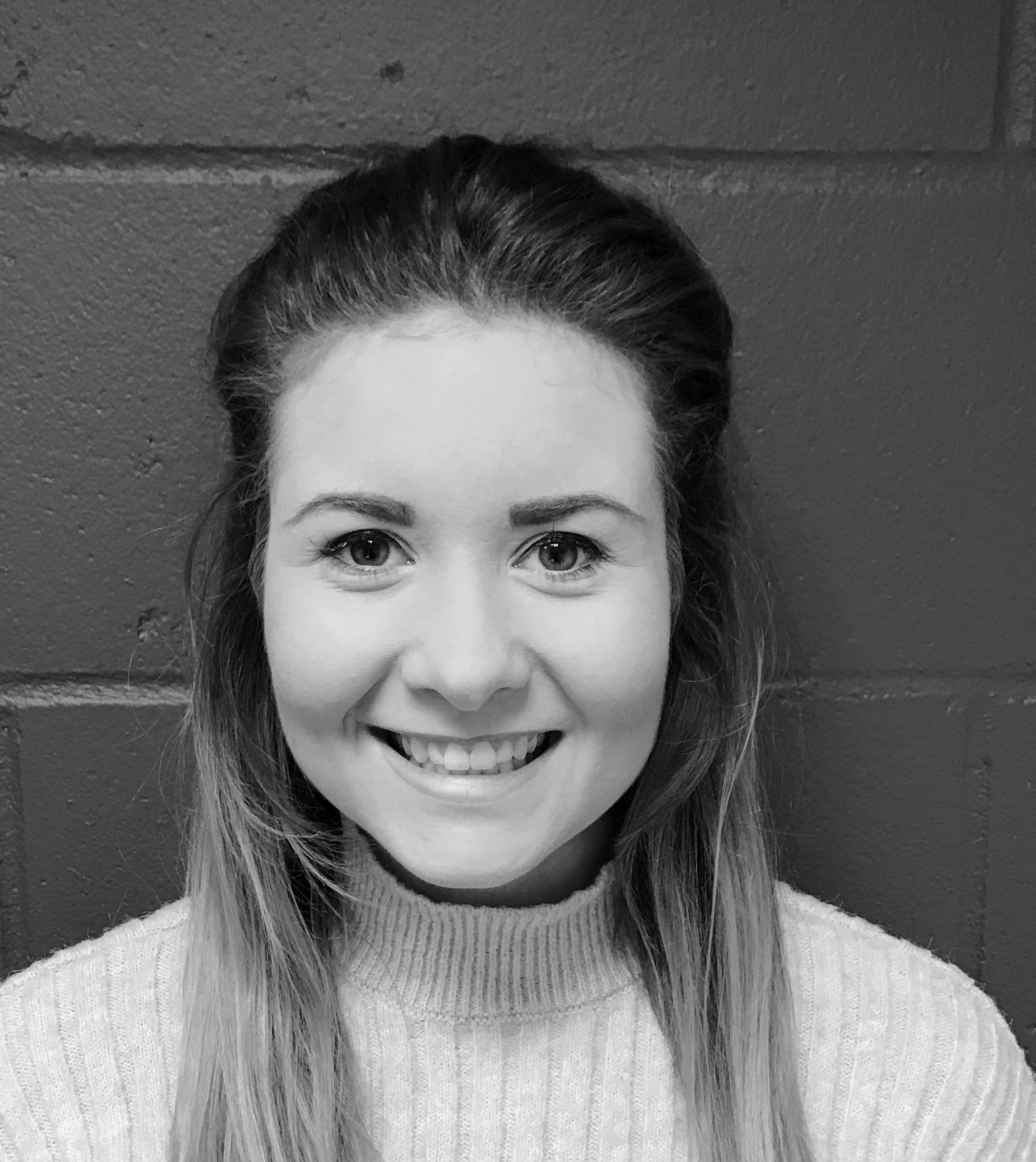
Meredith Willmott


Need some help? Chat to the Fusion team today
As a family run business, our dedication runs deep. We’re committed to each other and, even more so, to every attendee’s experience, delivering a level of care and passion that’s truly unmatched.




